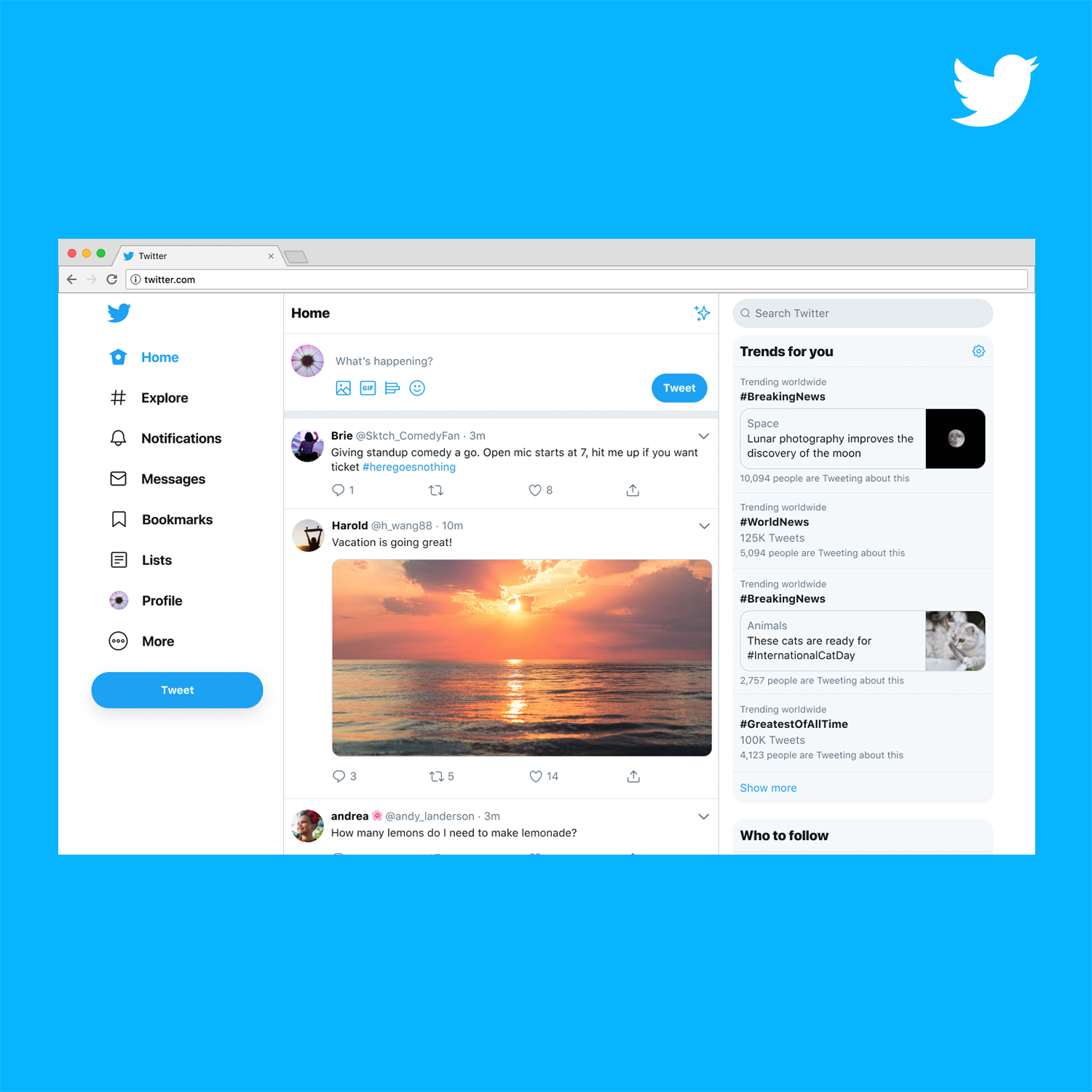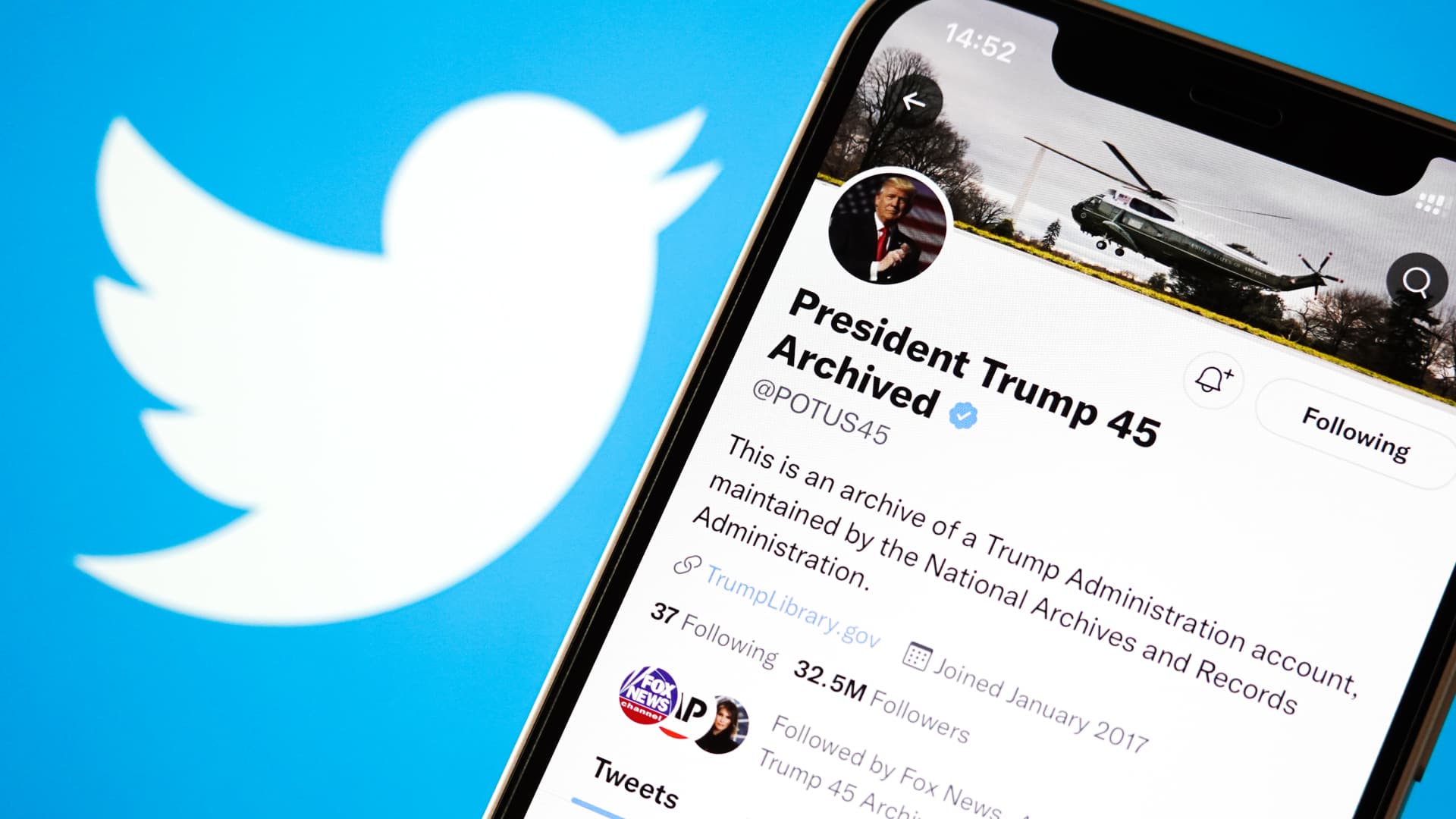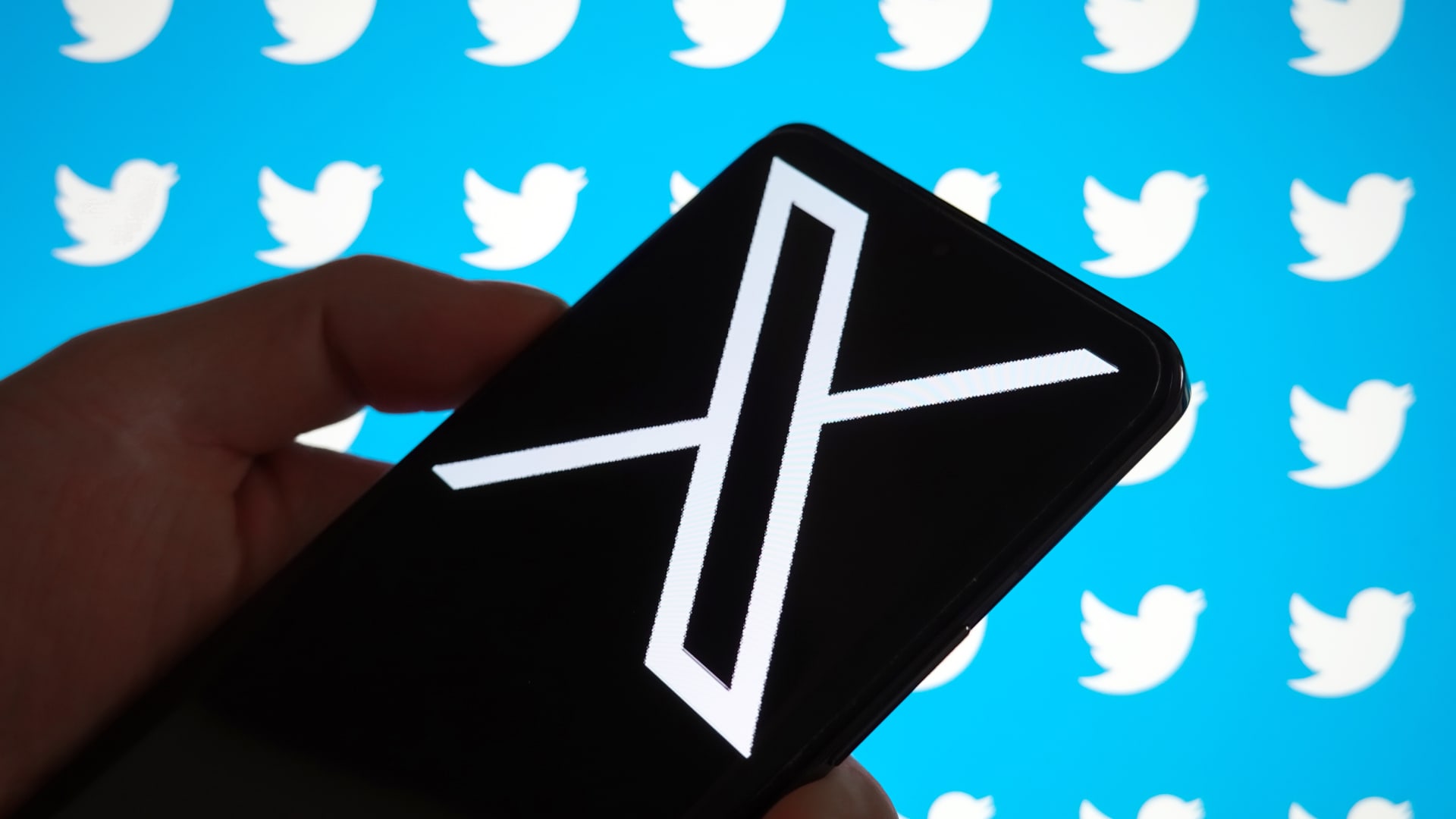Unpacking Twitter Prostitution - A Digital Discussion
- The Daily Buzz - How People Connect on Twitter
- What Makes Twitter a Popular Spot for Communication?
- Your Picture, Your Digital Face - The Role of Profile Photos
- Are Account Shutdowns and Bans a Constant Battle for Some?
- Looking at "Twitter Prostitution" - What the Text Suggests
- How Do Other Social Spots Relate to "Twitter Prostitution"?
- Platform Policies - Advertising and What Gets Barred
- Does Twitter's Approach to Content Affect "Twitter Prostitution"?
Connecting with others, keeping up with what is happening around the world, and sharing thoughts has become a big part of daily routines for many people. Social media platforms, in a way, let us peek into different lives and stay connected with friends and folks we find interesting. These online spaces give us a place to join in on chats, get quick updates, and see what people we keep an eye on are putting out there. It is, you know, a very common way to spend some time each day.
For a lot of people, logging onto a platform like Twitter means checking for new messages, jumping into ongoing discussions, and catching up on all the posts from those they follow. It is a spot where you can keep up to date with friends, see what is happening, and find things that truly grab your attention. This sort of interaction, pretty much, makes the online experience feel a little more like real life connections, even if it is just through words on a screen. You can, for instance, follow interests that truly matter to you.
These platforms, however, are not just for casual chats and sharing news; they also serve a wide array of purposes, some of which might be less obvious or more unexpected. The way people use these digital spots can be quite varied, stretching beyond what the platform owners might have first thought of. It is actually quite something to see how people adapt these tools for all sorts of different reasons, including, perhaps, activities that touch upon the topic of twitter prostitution, as some observations suggest.
- Alicia Keys Toledo Ohio
- Kylie Jenner And Chalamet
- Attorney Andi Dorfman
- Why Did Kevin Costner
- Do Dogs Like Watching Bluey
The Daily Buzz - How People Connect on Twitter
People use online platforms, like Twitter, to sign in and check on notifications, to join in conversations, and to catch up on posts from people they follow. It is a spot where you can keep up to date with friends, and see what is happening around you. This daily ritual, for many, is a way to stay linked to the broader world, or just to their personal circle. You can, essentially, find out what is going on at any moment. The ability to follow interests and connect with others on a home page makes it a very active place for daily interactions. It is where, you know, a lot of information flows freely, and people can easily find things that matter to them.
The platform lets you explore the latest posts from specific accounts, or just get a general sense of what is trending. You can stay updated with the latest news, entertainment, sports, and politics, all in one place. This constant stream of information and connection makes it a rather popular choice for getting your daily dose of current events and personal updates. It is, in some respects, like a big, ongoing chat room where everyone can join in, or simply listen. The way people use it for quick updates is really quite something.
What Makes Twitter a Popular Spot for Communication?
A good number of people, more than half, actually agree that Twitter is a good place for communication. Figures show that somewhere around 58%, 56%, 56%, and 51% of people hold this view, depending on the specific group asked. These numbers come from reliable sources, like Mintel in 2016 and Twitter insiders in 2017, based on surveys involving a good number of participants, about 1,091 individuals. This suggests that a lot of folks find the platform useful for talking to others and getting their messages out there. It is, pretty much, a widely accepted spot for sharing thoughts and getting feedback. You see, it is a place where people feel heard, which is a big part of its draw.
- Are Elizabeth And Sue The Same Person
- Rihanna Kids Age Difference
- Airplane Crash On Christmas Day
- Allison Holker Dwts Partners
- H2ofloss Review
The ease of sending out short messages, or joining ongoing discussions, makes it very accessible for quick interactions. People can quickly share what they are thinking, or respond to what someone else has put out there. This kind of quick back-and-forth is, in a way, what makes it so appealing for daily communication. It is also a spot where many feel they can find others who share similar interests, making it easier to strike up conversations. So, it is not just about broadcasting your own thoughts, but also about finding your group, you know, your people.
Your Picture, Your Digital Face - The Role of Profile Photos
Your profile picture is a personal image you upload to your online profile, and it is a pretty big deal. It is important to make sure this is a photo of you that people can easily recognize. This image, you see, is often the first thing others see when they come across your account, so it sort of sets the tone for your online presence. These pictures that most sites use come in a few common formats, which makes it simple for almost anyone to upload one. It is, basically, your digital face to the world.
Having a clear and recognizable picture helps others know it is really you, whether they are friends trying to keep up to date, or just new people trying to figure out who you are. The platform itself, in a way, encourages you to have a good image because it helps with connection and trust. Without a good picture, it can be a little harder for people to feel like they are connecting with a real person. So, it is not just a decoration; it is a very important part of how you present yourself online, which can be particularly relevant for those involved in areas like twitter prostitution, where identity and presentation are key.
Are Account Shutdowns and Bans a Constant Battle for Some?
It seems that some rather silly behaviors are causing accounts to be closed down, and new ones are popping up, playing a sort of whack-a-mole game with the platform’s rules. The platform, you know, is sometimes not so good with the bans and the snitching that goes on. There is a sense of surprise among some users about how certain accounts are being shut down, especially when there is so much other questionable content being posted on the platform. It makes people wonder why certain types of accounts are targeted while others seem to go unnoticed. It is, in some respects, a bit of a puzzle.
This situation is true, and for those who might not know, it is a real issue for many. The platform has its own set of rules, and when those rules are broken, accounts can be suspended or removed. However, the way these rules are applied can sometimes seem inconsistent to users. There is a lot of talk about the "garbage" that gets posted, and then certain accounts, like those related to AMP, are suddenly gone. This constant back and forth with account closures can be a real headache for those who rely on the platform for their activities, including those connected to twitter prostitution, as they might find themselves constantly trying to stay one step ahead of the rules.
Looking at "Twitter Prostitution" - What the Text Suggests
The provided text makes a direct mention that a good number of escorts on Twitter, along with other social media spots like Reddit, and specific outlets such as Tryst, PD, TER, and P411, operate in a similar fashion. This suggests that the way these platforms function, with their abilities to connect people, allow for profile creation, and facilitate direct communication, might be used for various purposes, including those related to the provision of escort services. It is, basically, about how the general features of these platforms can be adapted for specific kinds of interactions. You see, the tools are there, and people find ways to use them.
The core idea here is that the mechanisms of social media platforms – creating a profile, posting updates, following others, and sending private messages – provide a framework that can be utilized for different kinds of engagements. When the text says they "work the same way," it points to a shared method of operation across these digital spaces. This could involve presenting oneself through a profile photo, communicating with potential clients, or perhaps, in a way, advertising availability, all within the confines of what the platform allows or, more accurately, what it struggles to prevent. So, it is not about the platform endorsing such activities, but rather about how its open structure can be used. It is, in fact, a topic that raises questions about platform control.
How Do Other Social Spots Relate to "Twitter Prostitution"?
The text points out that escorts on Twitter, Reddit, and specialized sites like Tryst or P411, operate in a similar fashion. This means that the methods used for connecting and arranging things might be quite consistent across different online spaces. For example, the use of profile photos to show who you are, the ability to send private messages to discuss arrangements, and the general way of making oneself known to others who might be interested, are common threads. It is, pretty much, a shared approach to using digital tools for a specific purpose. This suggests that the issues and strategies involved in "twitter prostitution" are not unique to Twitter but are part of a broader online pattern.
When the text says these different platforms "work the same way," it implies a common set of features or a common user behavior that transcends the specific platform. This could involve, for instance, how individuals present their services, how they communicate with interested parties, or how they manage their online presence to attract attention. The challenges of account bans and censorship, which are mentioned in relation to Twitter, might also be faced on these other platforms, indicating a constant back-and-forth between users and platform rules. So, the discussion around "twitter prostitution" is, in fact, part of a larger conversation about how social media is used for various, sometimes unexpected, purposes.
Platform Policies - Advertising and What Gets Barred
Platforms like Twitter sometimes have to make tough decisions about what kind of content and advertising they will allow. There was a time when Twitter, for instance, stopped certain groups from advertising on its platform. This shows that the platform has policies in place to control what kind of messages and organizations can pay to reach its users. It is, you know, a way for them to manage their public image and what they are associated with. This kind of action points to the platform taking a stand on certain issues or types of content, which can have wider implications for all users.
In one instance, Twitter even donated a large sum of money, $1.9 million, that a specific organization had spent globally on advertising. This money was then given to academic research related to elections and other initiatives. This act highlights the platform's commitment to certain values or goals, and its willingness to use its resources to support them. It also shows how seriously they take the content that appears on their site, especially when it comes to influencing public discourse. This kind of policy can, in a way, affect how different groups, including those involved in twitter prostitution, operate on the platform, as they might face similar restrictions on visibility or communication.
Does Twitter's Approach to Content Affect "Twitter Prostitution"?
The way Twitter handles content, including its rules on what can be advertised and what gets banned, does seem to have an impact on how different activities play out on the platform. If the platform is quick to shut down accounts for "dumb shananigans" or for what it considers "garbage," then those involved in activities like twitter prostitution might find it harder to maintain a stable presence. The constant threat of bans and the need to play a "whack-a-mole" game with new accounts suggest a difficult environment for those trying to operate. It is, basically, a cat-and-mouse situation between users and platform enforcement.
The fact that Twitter has barred certain advertising and even donated money from problematic ad spending indicates a desire to control the narrative and the types of interactions that occur on its site. This kind of strictness, in some respects, forces users engaged in less conventional activities to find creative ways to stay visible or to communicate. It means that the platform's efforts to clean up its space or to enforce its rules will naturally affect how people use it for all sorts of purposes, including those that are not explicitly allowed. So, yes, the platform's approach to content very much shapes the landscape for activities like twitter prostitution, making it a constant challenge for those involved.
- August Pullman Today
- Child Overboard Norwegian Cruise
- What Happened To Brett Gardners 14 Year Old Son
- Is Rudy Pankow Getting Married
- Why Did Jamie Fox Hide His Health Issues

Building the new Twitter.com

A brief history of Twitter: From its founding in 2006 to Musk takeover

Read Twitter CEO Linda Yaccarino's message to staff about 'X' rebrand